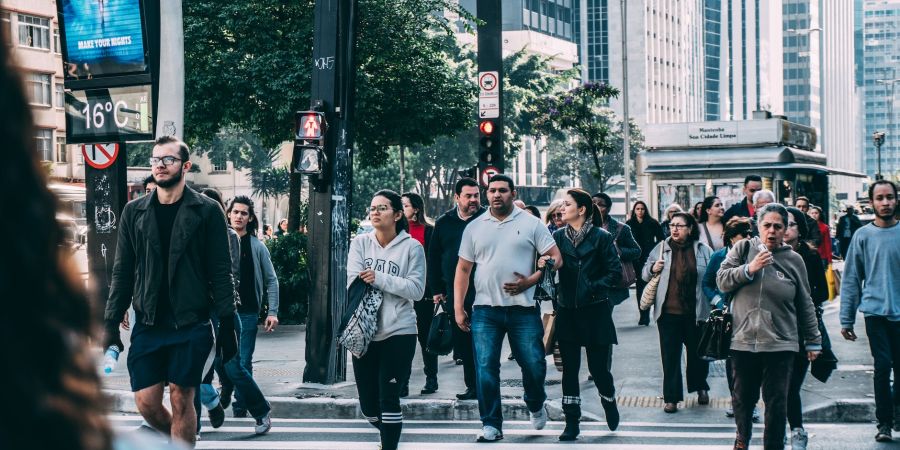

Society is made up of diverse individuals and groups, each with their unique experiences, challenges, and perspectives. Unfortunately, some among us are often marginalized and left unheard, their cries for justice and equality ignored. This is where the concept of "Voices for the Voiceless" comes in. This refers to the act of advocating for social causes and giving a voice to those who have been silenced. The idea is to bring attention to the issues faced by marginalized communities and work towards finding solutions to these problems.
Advocacy is a powerful tool that can bring about positive change in society. It is a means of raising awareness, building support, and bringing together like-minded individuals to work towards a common goal. The goal of advocacy is to bring about systemic change, to challenge the status quo and push for reforms that address the root causes of social issues.
One of the key aspects of advocacy is to identify the groups and individuals who are most in need of support. This often includes marginalized communities such as the homeless, refugees, women, people of color, and the LGBTQ+ community. These groups face numerous challenges, including discrimination, lack of access to resources and services, and poverty, among others. By advocating for their rights and needs, we can work towards creating a more inclusive society where everyone is valued and has the opportunity to thrive.
Advocacy can take many forms, from peaceful protests and public demonstrations to petitioning the government, writing letters to the editor, and engaging in grassroots organizing. The key is to find the strategies that are most effective in bringing about change and to bring together a broad coalition of supporters to amplify the voices of those who are most in need.
In addition to raising awareness, advocacy also requires action and follow-through. This includes working with elected officials, policymakers, and other stakeholders to create and implement policies and programs that address the root causes of social issues. It also means engaging in ongoing education and dialogue with communities to better understand the challenges they face and to help them find the resources they need.
The benefits of advocating for social causes are far-reaching. It empowers marginalized communities and gives them a voice in the larger social and political discourse. It also promotes equality, fairness, and justice for all, creating a more just and equitable society for everyone.
In conclusion, "Voices for the Voiceless" is a call to action for all of us to advocate for social causes and give voice to those who have been marginalized and ignored. By working together, we can bring about positive change in our communities and build a better, more inclusive world for all. Whether through activism, advocacy, or simply lending an ear to those who need to be heard, each one of us can play a role in creating a society that values and celebrates diversity.
